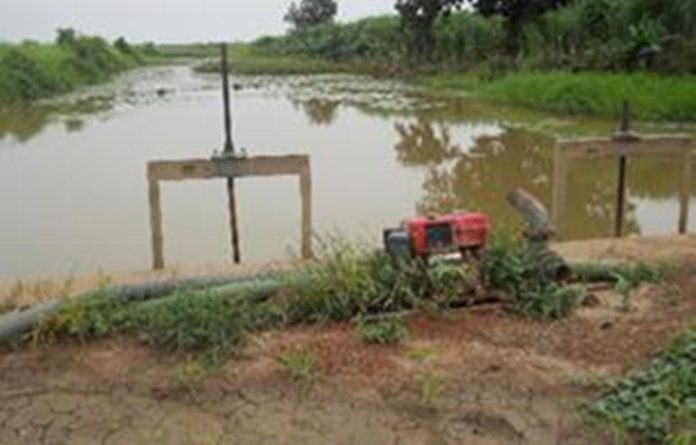This column is devoted to monitor and report on issues that relate to production, processing, preservation and marketing of agricultural produce, aimed at ensuring food security in the Gambia, as well as the interventions of Government and Non-Governmental Organizations in this regard.
Agriculture remains both a new and old source of national revenue and youth employment. Improved public awareness and discussions of the issues involved, will significantly maximize agricultural outcomes and the contribution of the sector to economic growth and job creation.
This is precisely the reason why Farmers’ Eye is critically looking at every Agricultural programme or policy, to gauge whether our Agriculture and Natural resources are properly harnessed, to ensure food self-sufficiency.
In the last edition, we indicated that Section 192 of the Constitution states that “there shall be established a Lands Commission whose composition, functions and powers, shall be prescribed by an Act of the National Assembly”. This Act has already been passed and assented to and the Commission established, but yet to be functional.
Farmers’ Eye column, calls on the Executive to make the Commission functional, in order to address land disputes within the country, a major constraint in Agriculture and key to production. Land disputes are on the increase particularly at this time of the year, the farming season.
In this edition, we shall highlight the Legal recognition and allocation of Land tenure rights and duties.
LEGAL RECOGNITION AND ALLOCATION OF TENURE RIGHTS AND DUTIES:
This part addresses the governance on land tenure, fisheries and forests, with regard to the legal recognition of the land rights of indigenous peoples and communities, with customary tenure systems, as well as of the informal tenure rights, and the initial allocation of tenure rights to land, fisheries and forests owned or controlled by the public sector.
SAFEGUARDS
When States recognize or allocate tenure rights to land, fisheries and forests, they should establish, in accordance with national laws, safeguards to avoid infringing on or extinguishing tenure rights of others, including legitimate tenure rights that are not currently protected by law.
In particular, safeguards should protect women and the vulnerable who hold subsidiary tenure rights, such as gathering rights.
States should ensure that all actions regarding the legal recognition and allocation of tenure rights and duties are consistent with their existing obligations, under national and international law, and with due regard to voluntary commitments under applicable regional and international instruments.
Where States intend to recognize or allocate tenure rights, they should first identify all existing tenure rights and right holders, whether recorded or not. Indigenous peoples and other communities with customary tenure systems, smallholders and anyone else who could be affected should be included in the consultation process.
States should provide access to justice, if people believe their tenure rights are not recognized.
States should ensure that women and men enjoy the same rights in the newly recognized tenure rights, and that those rights are reflected in records. Where possible, legal recognition and allocation of tenure rights of individuals, families and communities should be done systematically, progressing area by area in accordance with national priorities, in order to provide the poor and vulnerable with full opportunities to acquire legal recognition of their tenure rights.
Legal support should be provided, particularly to the poor and vulnerable. Locally appropriate approaches should be used to increase transparency when records of tenure rights are initially created, including in the mapping of tenure rights.
States should ensure that people whose tenure rights are recognized or who are allocated new tenure rights have full knowledge of their rights and also their duties. Where necessary, States should provide support to such people so that they can enjoy their tenure rights and fulfil their duties.
Where it is not possible to provide legal recognition of tenure rights, States should prevent forced evictions that are inconsistent with their existing obligations under national and international law, and in accordance with the principles of these Guidelines.

















